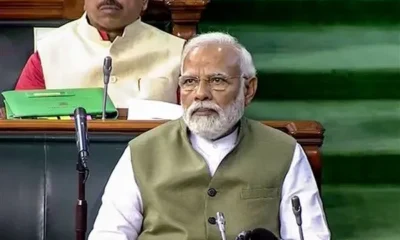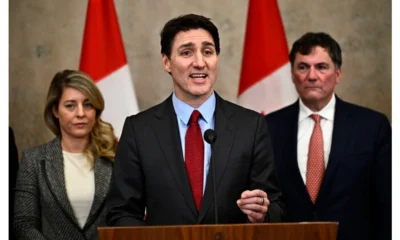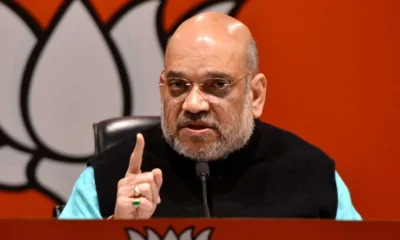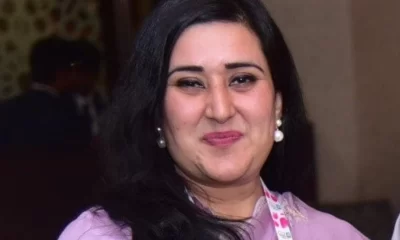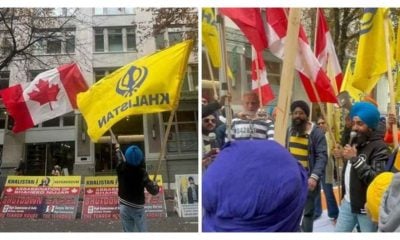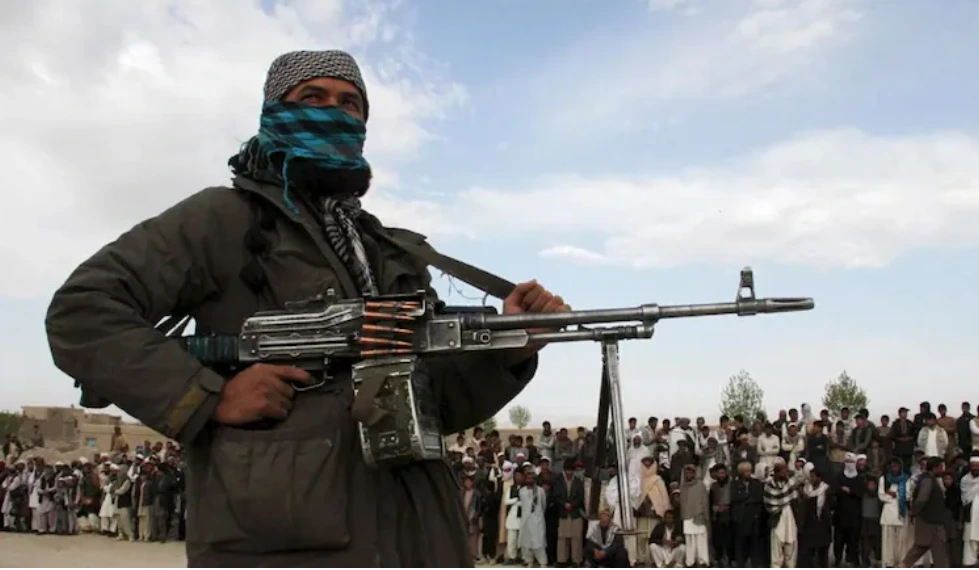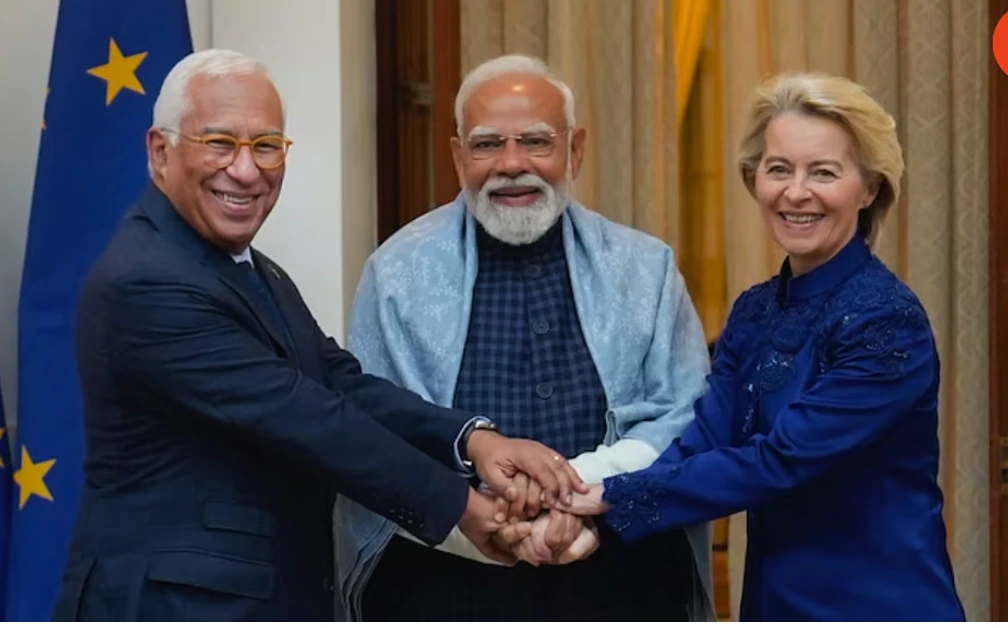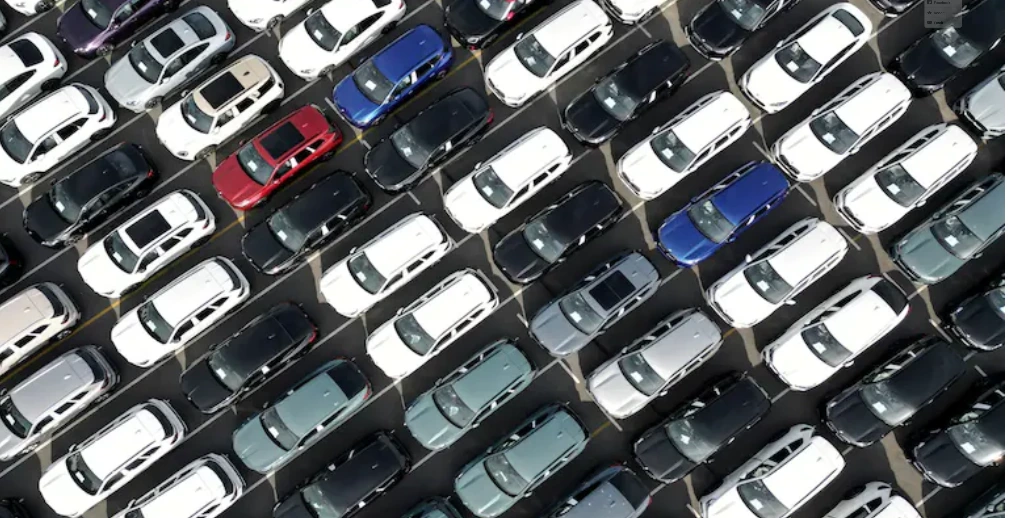Latest world news
Bomb set off by two men in Indian restaurant near Toronto, Canada, leaves 15 injured

Latest world news
Lashkar commander admits Hamas links, raises alarm over expanding terror nexus
A senior Lashkar-e-Taiba commander’s admission of meetings with Hamas leaders has intensified concerns over growing coordination between terror groups operating across regions.
Latest world news
India-EU free trade pact set to lower prices of luxury cars, wines and medicines
The India-EU free trade pact is set to cut import duties on luxury cars, wines and medicines, while opening European markets for Indian exports.
Latest world news
India plans sharp cut in car import tariffs under proposed EU trade pact
India is planning a sharp reduction in car import tariffs as part of a proposed free trade agreement with the European Union, potentially opening up its auto market to European brands.
-
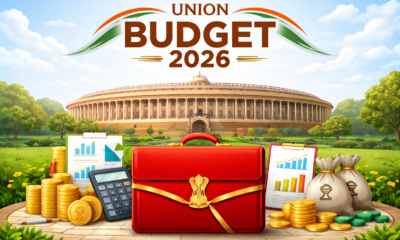
 India News13 hours ago
India News13 hours agoUnion Budget 2026 highlights: Nirmala Sitharaman Raises Capex to Rs 12.2 Lakh Cr, West Bengal Gets Major Allocation
-

 India News13 hours ago
India News13 hours agoNirmala Sitharaman to present ninth Union Budget with reforms in focus
-

 India News11 hours ago
India News11 hours agoIndia announces Rs 40,000 crore boost for semiconductor sector in Union Budget 2026
-
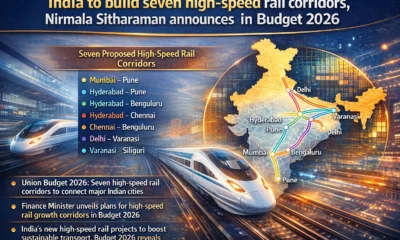
 India News11 hours ago
India News11 hours agoIndia to build seven high-speed rail corridors, Finance Minister announces
-

 India News8 hours ago
India News8 hours agoUnion Budget 2026: What the middle class gains despite no income tax slab changes
-

 India News8 hours ago
India News8 hours agoBudget 2026 balances high capex and growth, says PM Modi

